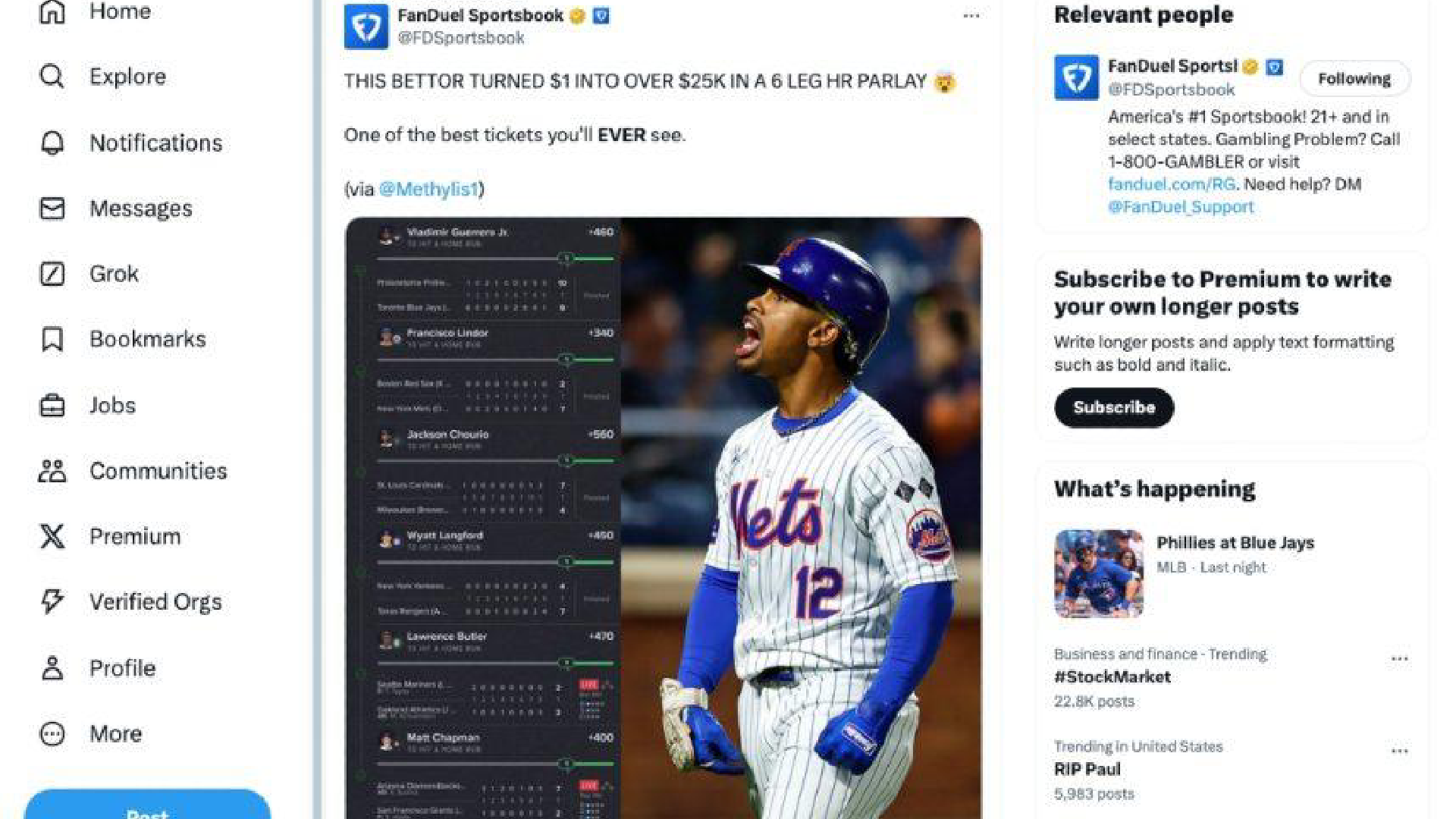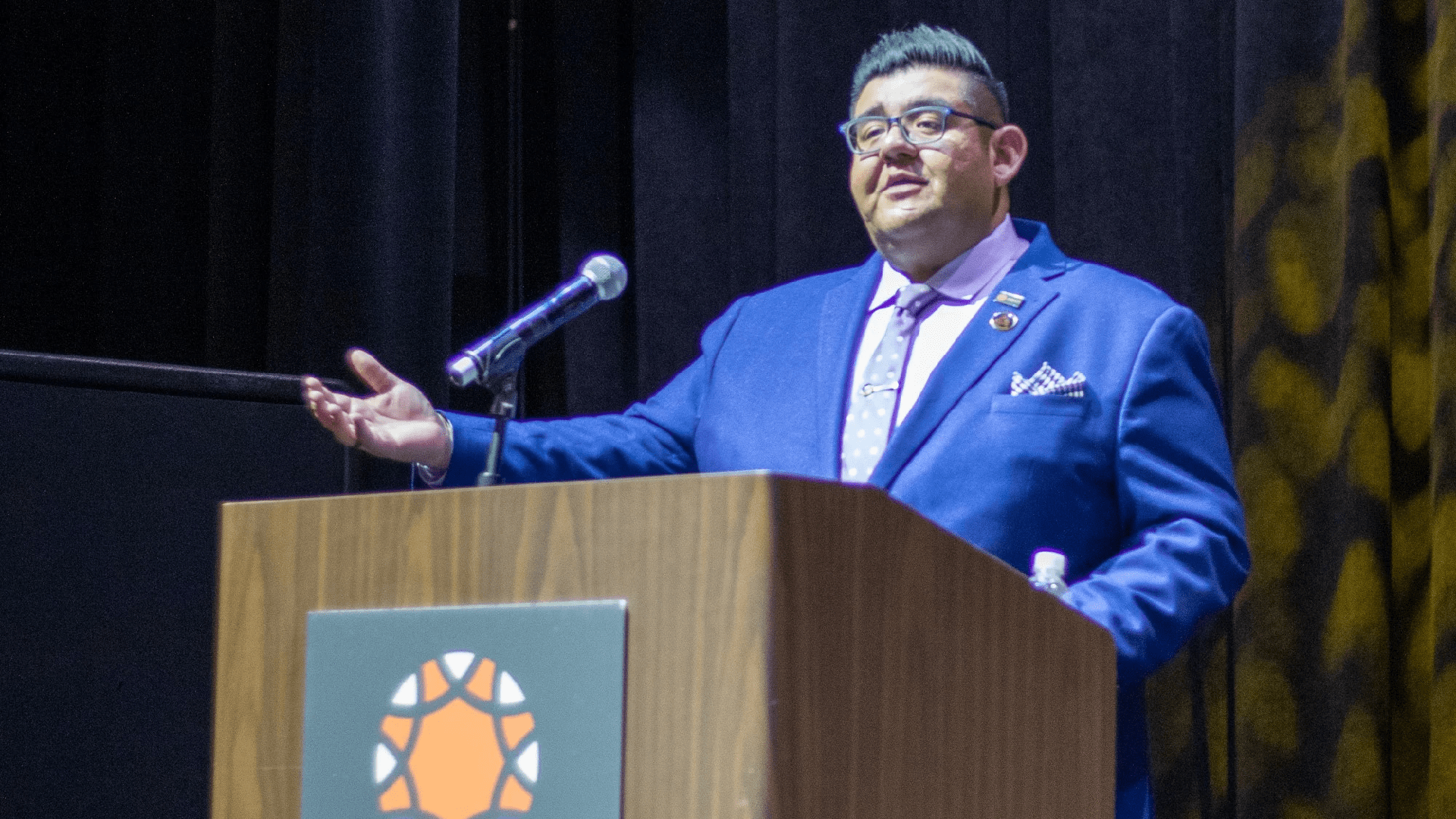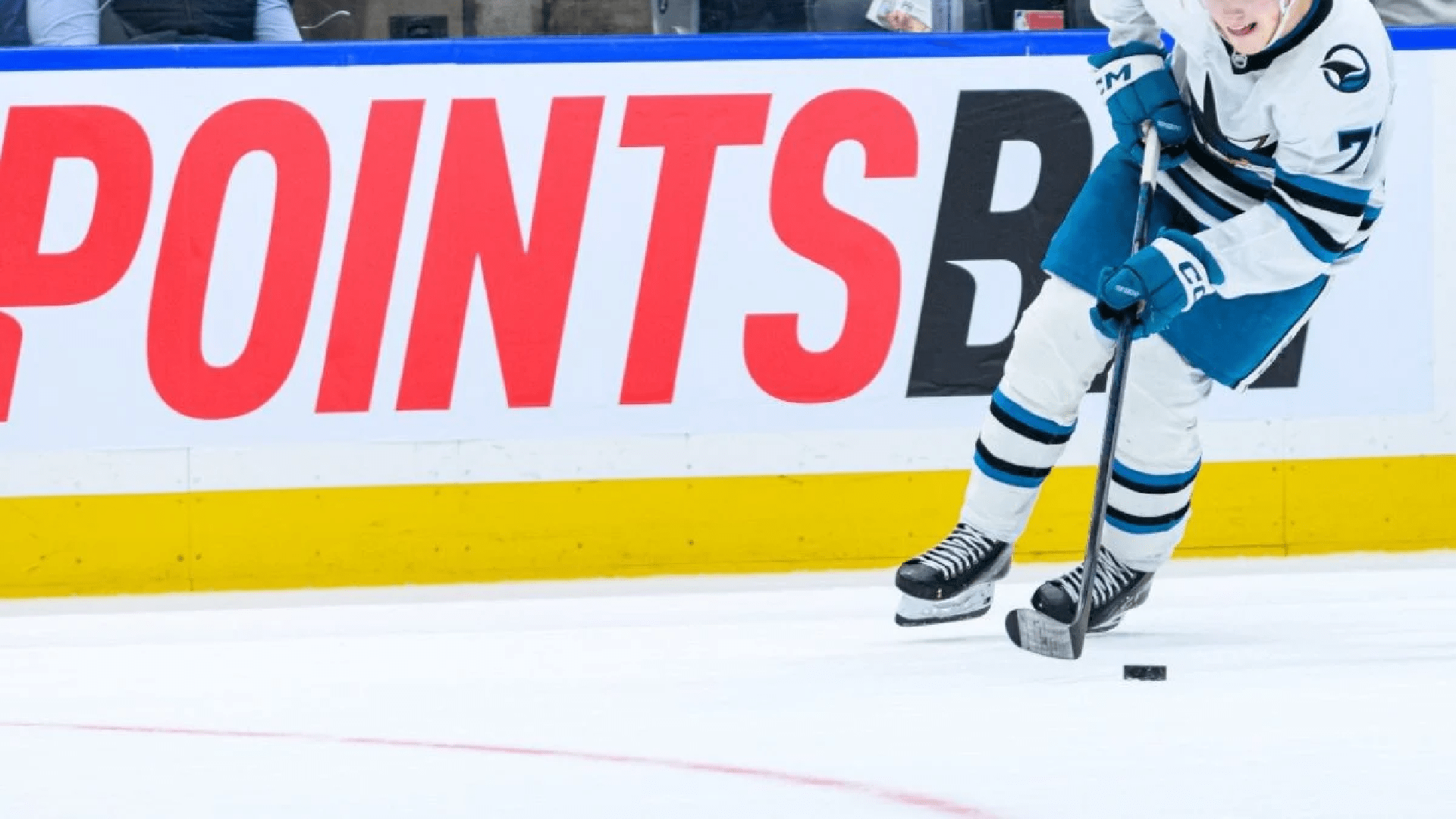
Gaming Industry on Defensive After Study Raises Concerns About Sportsbook Content
The gaming industry in the United States is facing scrutiny as researchers from the University of Bristol in England found that licensed sportsbooks frequently do not comply with responsible gaming standards.
Sports betting in the US surged quickly following May 2018 when the Supreme Court struck down a federal law that restricted single-game wagering to Nevada. Currently, 38 states and Washington, DC, permit legal sports wagering.
The American Gaming Association (AGA), which represents the commercial and tribal gaming sectors, established a Responsible Gaming Code of Conduct that its members must follow. The code encompasses responsible advertising, ensuring that all “sports betting advertising and marketing” features a message promoting responsible gaming and/or a toll-free helpline number.
Researchers in Bristol discovered that a significant portion of the material shared by top sportsbooks such as DraftKings and FanDuel did not incorporate responsible gaming messages or assistance resources.
AGA Security
The University of Bristol examined 1,353 social media posts by DraftKings, FanDuel, BetMGM, and ESPN Bet between July 29 and August 4. The material on X, Instagram, Facebook, and TikTok was viewed more than 29 million times.
Researchers discovered that more than 1,000 posts lacked a responsible gaming message or resources for problem gambling. This resulted in their determination that the US sports betting sector is not adhering to the AGA’s Responsible Gaming Code of Conduct that they promised to maintain.
The AGA reacted to the study by highlighting that the social media posts lacking a responsible gaming message or helpline were nonsponsored, indicating that such information was not mandated by the code of conduct’s regulations.
"Like companies across other industries, sports betting operators provide relevant, engaging content to customers designed to maintain brand awareness without promoting a specific offering that is covered by the code, like sports betting,” Joe Maloney, the AGA’s senior vice president, told The Guardian. “To describe the sharing of sports facts, schedules, or discussion topics via tweets and posts on social media platforms as advertising and thus applicable to our code is an irresponsible misinterpretation.”
The Bristol review mentioned numerous posts that challenged the distinction between advertising and regular content.
An instance was provided by FanDuel regarding a tennis match where a bettor earned $19K from the unexpected outcome of the contest. The content was not explicitly connected to the FanDuel Sportsbook, nor did it include messaging for problem gambling support.
University Rebukes Industry
Although all 310 paid posts adhered to the AGA code, which Maloney noted demonstrates the members' “dedication to maintaining robust industry standards,” Bristol's scholars remarked that the assessed sports betting material was predominantly pro-betting and appeared to motivate the public to get involved.
"It feels like they are doing anything just to get people signing on,” said Raffaello Rossi, marketing lecturer at the University of Bristol. “This relentless exposure can make gambling seem like a normal activity, increasing participation and risk among young and vulnerable groups.”
Rossi stated that the four sportsbooks analyzed averaged 237 posts on social media each day. He stated that content from sportsbooks on social media "is now clearly viewed as advertising."
Rossi argued that Congress ought to require that all gambling content feature responsible gaming messages and/or assistance for problem gambling.














